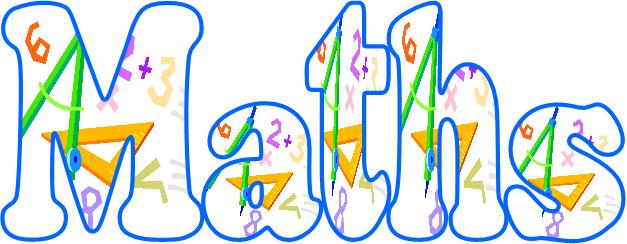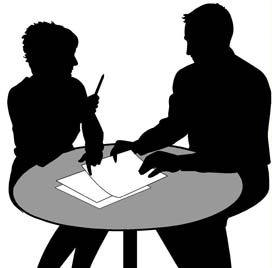EXAM TIPS
Here’s our top exam writing information to help you appreciate how to answer exam questions:
1. Practice Past Papers
There actually is no improved way to get exam ready than by attempting past papers. Most assessment bodies must have past papers existing online but your teacher will get you ongoing on these in class.
This method isn’t just about preparing an answer for a exact question, it’s about thoughtful how you approach a question in an exam, how to arrangement your answer, the timings you should allocate and what in sequence will get marks.
2. Read All Questions cautiously
The stress of the condition can cause you to mistake a question, plan your answer out, start inscription your response and then grasp you made a mistake and wasted vital time. Even though you normally won’t be writing answers to every question on the paper, reading all questions thoroughly will make sure you make the right choices and can underline how much you know about the topic.
3. Control Your Time
This is wherever you need to be severe on yourself. Once you have assigned a time bound for each question, you MUST move on formerly you hit it or you won’t be able to provide the next issue your full mind.
Memorize to leave manually some time at the end to go back over your answers and add in modest notes or pieces of in turn about the topic. You never know, this could help knock you up a grade!
4. Makeup Your Answer
Don’t just jump into marks your answer. Take the first few action to plan the structure of your essay which will save you time when you are delving into burly parts. Always stay on topic; if you’re discuss the role of women in society as portrayed by the author in Of Mice and Men, don’t digress and start delineation other themes in the book for example.
5. Explore Both Sides of an Argument
6. Review Your Answers Thoroughly
CAREER LAUNCHER PROVIDES BEST EDUCATIONAL SERVICE IN DUBAI AND ABU DHABI. PROVIDES QUALITY EDUCATION FOR STUDENTS.CAREER LAUNCHER BEST SERVICES IN
Tuition in dubai&Abu Dhabi – Entrance Coaching in Dubai&Abu Dhabi – Entrance Coaching in Dubai&Abu Dhabi – Maths&Science tuition – IIT foundation program for 9th & 10th std students – Board + JEE/Medical 1 year training program – Board + JEE/Medical 2 year training program – aieee coaching – mbbs entrance coaching dubai&Abu Dhabi – all india medical entrance – entrance coaching center – Law Entrance training–CACPT entrance coaching in dubai





